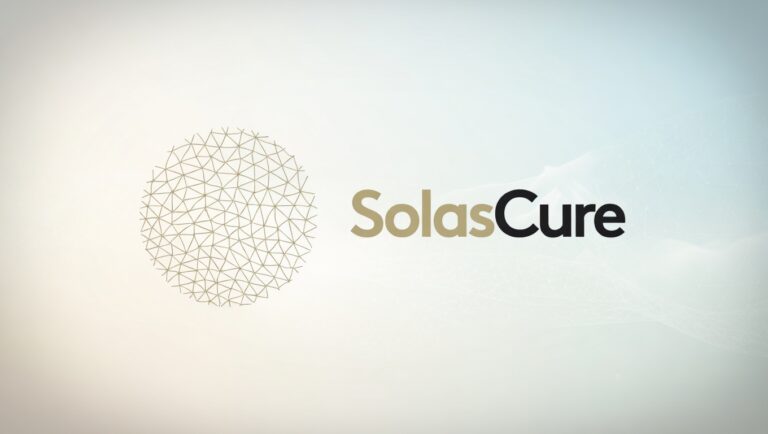
Peptilogics, a clinical-stage biotechnology company, today announced top-line interim data of PLG0206 in PJI patients from their ongoing Phase 1b trial. At 90 days post-Debridement, Antibiotics, and Implant Retention (DAIR) surgery, there were no treatment-related adverse events reported in the low-dose cohort. Additionally, zero infection recurrences were observed in this subset of patients compared to 44% recurrence rate in historical controls as shown by Zhu, et.al in the Journal of Arthroplasty in 2021 at 90 days. Detailed analyses along with data from the high-dose cohort will be presented at conferences in the coming months.
“And since the total cost of care for each PJI patient is nearly $500,000, if PLG0206 is successful, we will be able to significantly improve the economics for hospitals and insurance companies who bear the cost of failure. We are on a mission to help alleviate this condition for good”
“The results are striking,” said Dr. Javad Parvizi MD, FRCS, James Edwards Professor of Orthopedic Surgery at the Rothman Institute at Thomas Jefferson University Hospital, and advisor to Peptilogics’ clinical advisory board, adding “To see such a clear effect in these hard-to-treat acute hematogenous patients from the low dose group is quite encouraging. I am looking forward to seeing additional promising outcomes from this trial soon that would point to the possibility of PLG0206 transforming the treatment paradigm for PJIs.”
PLG0206 was previously evaluated in a Phase 1 clinical trial in healthy volunteers and appeared to be safe following intravenous administration. In the Phase 1b clinical trial, PLG0206 is being studied in patients undergoing DAIR for treatment of a PJI occurring after total knee arthroplasty (TKA). The trial is an open-label study with two cohorts of seven patients each, with single-dose escalating treatments of PLG0206 of 3 mg/mL or 10 mg/mL, as an irrigation, compared to historical controls with standard-of-care treatment. All reported adverse events and serious adverse events (SAEs) were classified as unrelated to PLG0206 except for one SAE (neurogenic knee pain) in the high-dose cohort which was classified as possibly related to PLG0206. Three of seven subjects reported a total of five adverse events after PLG0206 administration. In the high-dose cohort at 21 days post-treatment, three of the seven subjects reported a total of seven adverse events and one of seven subjects reported a serious adverse event 13 days after PLG0206 administration.
“PLG0206 was designed to have the potential to be a breakthrough approach to providing a curative solution for all PJI patients, so we were thrilled to share this exciting milestone with clinicians and researchers in the PJI community. Innovation in PJI treatment has been stagnant and ineffective, leaving patients to suffer through multiple major surgeries, often without a successful resolution,” said Jonathan Steckbeck, Chief Executive Officer of Peptilogics. “And since the total cost of care for each PJI patient is nearly $500,000, if PLG0206 is successful, we will be able to significantly improve the economics for hospitals and insurance companies who bear the cost of failure. We are on a mission to help alleviate this condition for good,” he added.
“With PLG0206, we are developing a potential curative therapeutic solution for PJI built on its broad spectrum and biofilm-disrupting, anti-microbial properties that lead it to rapidly kill all bacteria living in complex biofilms, including the persister cells that are responsible for resistance to standard antibiotic treatment. We are encouraged with the initial results from the low-dose cohort, and we eagerly await long-term data as well as data from the high-dose cohort,” said David Huang, MD, PhD, Chief Medical Officer at Peptilogics.
Source: https://www.businesswire.com/




